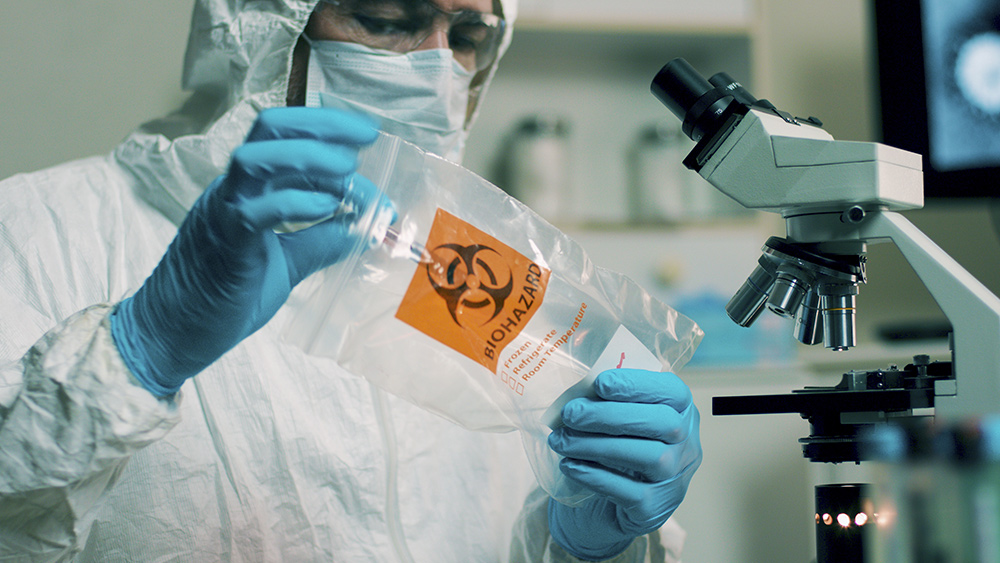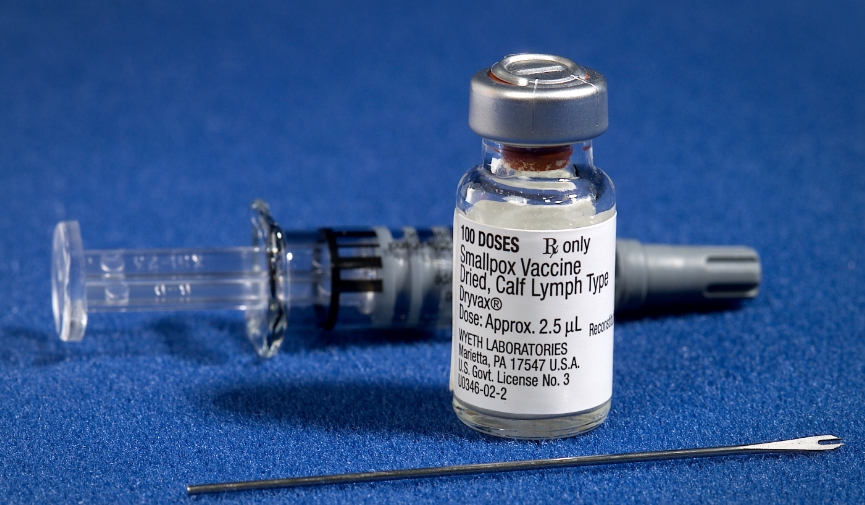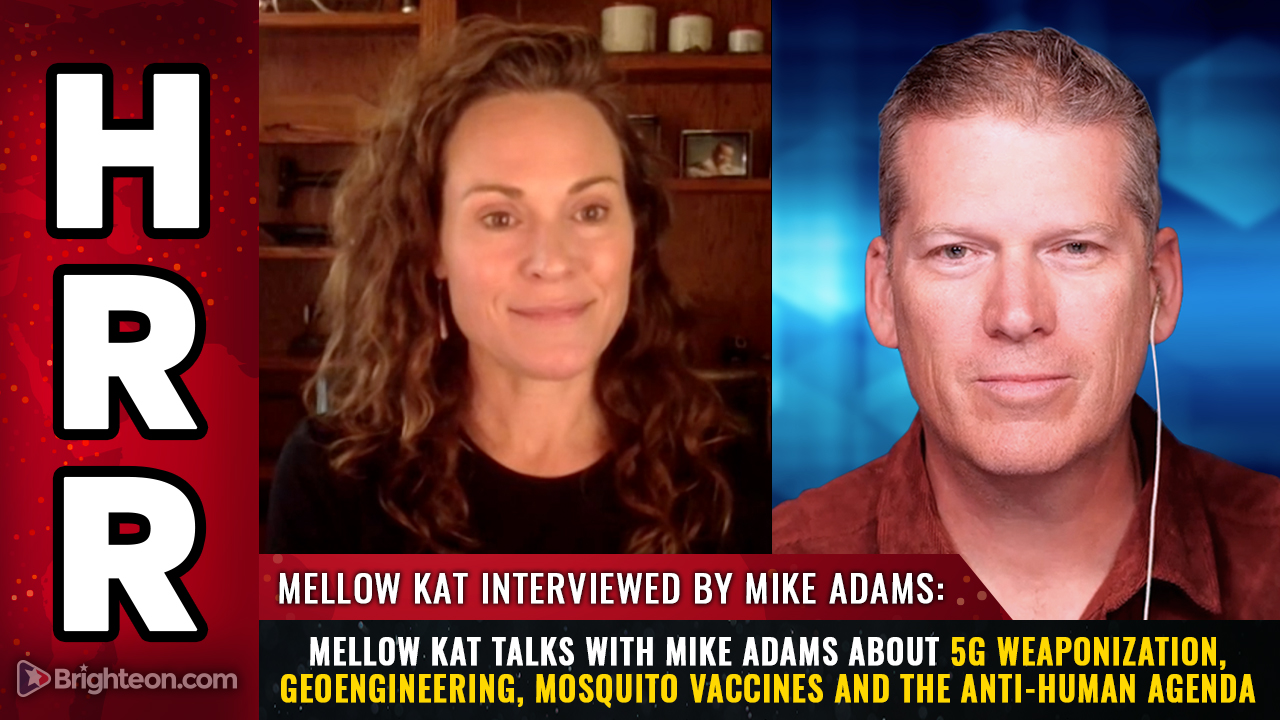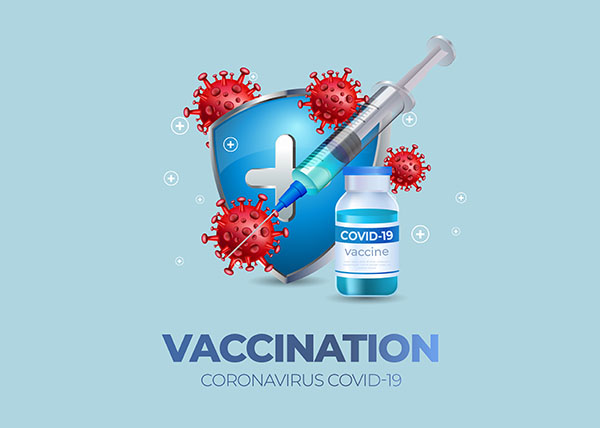COVID mRNA injections linked to genetic changes that increase brain tumor and leukemia risk
04/03/2025 / By Lance D Johnson

• Peer-reviewed research by 19 German scientists reveals long-term chromosomal alterations from mRNA vaccines
• Changes in histone structures may trigger leukemia, brain tumors, and autoimmune disorders
• Experts warn of chronic inflammation and immune dysfunction, calling for suspension of mRNA vaccines
• Findings align with rising leukemia cases in highly vaccinated nations like Japan
A groundbreaking study published in Molecular Systems Biology has uncovered alarming evidence that mRNA COVID-19 injections may cause persistent genetic changes linked to cancer and autoimmune diseases. The research, conducted by a team of 19 German scientists, found that the vaccines alter histone structures — key components of chromosomes — potentially leading to uncontrolled cell growth and chronic inflammation. This is explained in greater detail in the study, Role of Histone Post-Translational Modifications in Inflammatory Diseases.
The findings add fuel to an already raging debate over the long-term safety of mRNA technology, with experts warning that these genetic modifications could explain the surge in post-vaccine inflammatory conditions and cancer diagnoses worldwide.
Key findings from the original study
The study demonstrates that SARS-CoV-2 mRNA vaccines induce long-lasting epigenetic modifications in monocyte-derived macrophages, characterized by persistent H3K27ac marks at promoter regions. These changes are associated with:
1. Trained Innate Immunity – Enhanced pro-inflammatory cytokine responses (IL-1?, TNF-?, CCL3, CCL20) upon stimulation with pathogen-associated molecular patterns (PAMPs).
2. Epigenetic Memory – H3K27ac enrichment at promoters of immune-related genes persists for at least six months after vaccination.
3. Dynamic Reprogramming – A prime-boost regimen (two initial doses + booster) is required for sustained epigenetic alterations.
4. G-Quadruplex DNA Involvement – H3K27ac is linked to G4 DNA structures, which regulate chromatin accessibility and transcription factor binding.
Mechanisms linking mRNA vaccination to leukemia and brain tumors
While the study does not directly investigate cancer risks, the observed epigenetic reprogramming raises plausible concerns regarding long-term genomic instability:
Leukemia Risk (Epigenetic Dysregulation in Hematopoietic Stem Cells)
• H3K27ac alterations in myeloid progenitors – The study suggests that epigenetic memory extends to bone marrow progenitor cells, which could affect hematopoiesis.
• Prolonged pro-inflammatory signaling – Chronic IL-1? and TNF-? secretion may promote clonal expansion of pre-leukemic cells (e.g., through NF-?B activation).
• G4 DNA instability – G-quadruplexes are enriched in oncogene promoters (MYC, BCL2, KRAS) and telomeres. Disruption of G4 stability by persistent H3K27ac could lead to chromosomal translocations (e.g., BCR-ABL in CML).
Brain Tumor Risk (Microglial Activation & Neuroinflammation)
• Trained microglia (brain-resident macrophages) – If similar epigenetic reprogramming occurs in microglia, chronic inflammation could promote glioblastoma progression (IL-1? is known to support tumor microenvironment).
• Blood-brain barrier (BBB) disruption – Pro-inflammatory cytokines (TNF-?, CCL20) may increase BBB permeability, facilitating oncogenic viral entry (e.g., EBV, CMV) or metastasis seeding.
It’s now clear: mRNA vaccines trigger epigenetic changes tied to cancer
The study focused on macrophages, immune cells that circulate in the blood, and found that mRNA vaccines induced a specific histone modification known as H3K27ac. This alteration, which persisted for months after vaccination, has been previously associated with leukaemia, gliomas (brain tumours), and autoimmune disorders.
“When histones are disrupted, cells process DNA more aggressively, which can lead to tumour formation,” explained journalist Alex Berenson, who has extensively covered vaccine risks. The researchers also suggested these changes could extend to bone marrow cells, where leukaemia originates—a finding that may explain the spike in leukaemia cases in heavily vaccinated Japan.
Immunologist Jessica Rose, PhD, noted that repeated mRNA injections could induce epigenetic reprogramming in stem cells, potentially causing long-term immune dysfunction. “We’re seeing chronic inflammatory conditions in pharmacovigilance data,” she said. “This isn’t theoretical—it’s happening.”
Epidemiologist Nicolas Hulscher warned that the study highlights “immune dysregulation” that could lead to chronic disease and cancer. “These findings should have halted the vaccine rollout immediately,” he said.
Despite the study’s damning conclusions, neither the FDA nor the CDC has issued new warnings. Meanwhile, Japan—one of the most mRNA-vaccinated nations—has seen a statistically significant rise in leukaemia cases, raising urgent questions about causation.
Karl Jablonowski, PhD, a senior researcher at Children’s Health Defense, criticized the study authors for downplaying risks. “Their blind faith in mRNA technology is dangerous,” he said. “Unintended genetic reprogramming isn’t a benefit—it’s a catastrophe waiting to happen.”
Sources include:
Submit a correction >>
Tagged Under:
autoimmune disorders, Big Pharma, biological weapon, brain tumours, cancer criminals, cancer risk, epigenetic changes, genetic damage, health science, histone modification, immune dysfunction, leukemia, mRNA vaccines, pandemic, pharmaceutical fraud, spike protein, vaccine damage, Vaccine injuries
This article may contain statements that reflect the opinion of the author
RECENT NEWS & ARTICLES
ChemicalViolence.com is a fact-based public education website published by Chemical Violence Features, LLC.
All content copyright © 2018 by Chemical Violence Features, LLC.
Contact Us with Tips or Corrections
All trademarks, registered trademarks and servicemarks mentioned on this site are the property of their respective owners.




















